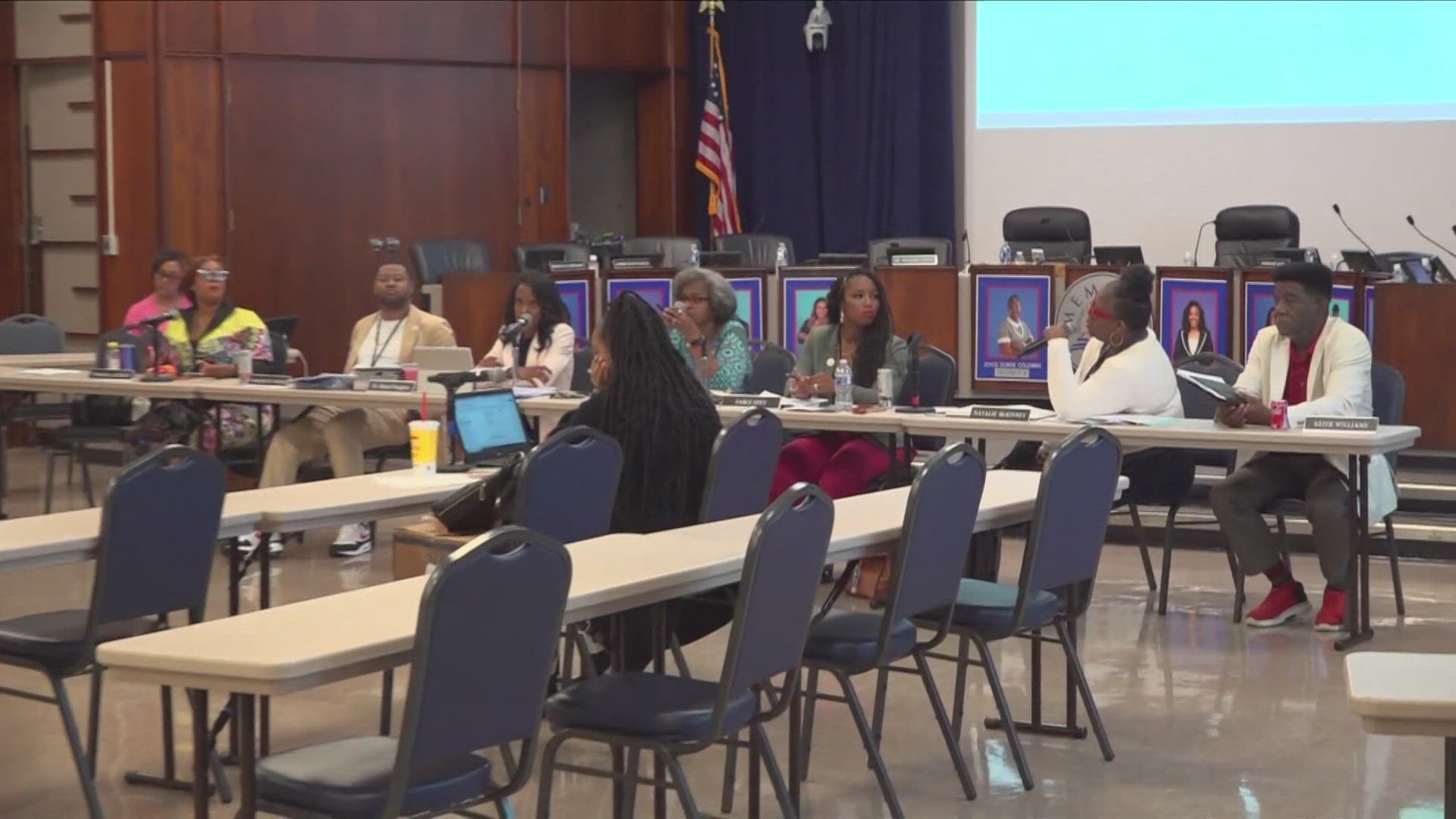JACKSON, Miss — Mississippi senators voted Tuesday to revise the state's education budget formula that has been in law since 1997 but has been fully funded only two years.
The bill passed without debate, but it is unclear whether the proposed change will survive in final negotiations between the House and Senate. The proposal faces opposition from Republican Gov. Tate Reeves.
"Be very cautious of a last minute change in funding formula that seems to have unanimous support amongst Democrats in Senate and liberal activist groups," Reeves said in a statement Tuesday before the Senate vote. "Very very cautious. Instead of funneling more money to the district offices — where our kids won't see it — why not another teacher pay raise? Put it in the classroom!"
Lt. Gov. Delbert Hosemann and Senate Education Committee Chairman Dennis DeBar, both Republicans, said the proposal would fully fund the Mississippi Adequate Education Program for the third time in the state's history and provide a $181 million infusion into school budgets. The proposal, unveiled Monday at the Capitol, would end a roughly 16-year period in which lawmakers have failed to fully fund the program, which helps public schools cover basic expenses.
After the state enacted a teacher pay raise last year, Hosemann said the latest push to fully fund public schools shows the Senate's emphasis on education.
"We don't compete just with Alabama anymore; we compete with the world," Hosemann said Monday. "We fully intend for our kids to be competitive when they get there."
The proposal would change the way the state Department of Education calculates the base student cost, the funding level deemed necessary to provide an adequate education to one student. It would also raise the percentage cap that determines how much local school districts are responsible for paying. With the changes, four school districts in the state would be unable to cover the cost of teacher pay raises enacted last year. Senate leaders committed to helping cover that cost for this year.
MAEP was put into law by a Democratic-controlled Legislature in 1997 over the veto of Republican Gov. Kirk Fordice. It is designed to give each district enough money to meet midlevel academic standards.
The program was written largely in response to equity-funding lawsuits being filed in other states, which challenged the level of money being spent in poorer districts compared to wealthier ones.
Republicans have controlled both chambers of the Legislature since the 2012 session. In 2017, Reeves, who was the lieutenant governor, and Gunn led a failed attempt to replace the formula with a new plan which they said would link money more explicitly to the needs of each student.
Nancy Loome, executive director of The Parents' Campaign, a public education advocacy group that has long pushed for MAEP funding, said she supports the formula changes "alongside a commitment to fully fund public schools this year."
"Importantly, the Senate's plan leaves intact the formula for the base student cost, which is the primary determinant of school funding, it enhances the equity provision of the MAEP, and when fully funded, will increase significantly funding for public schools statewide," Loome told The Associated Press on Monday.
___
Michael Goldberg is a corps member for the Associated Press/Report for America Statehouse News Initiative. Report for America is a nonprofit national service program that places journalists in local newsrooms to report on undercovered issues. Follow him on Twitter at twitter.com/mikergoldberg.



